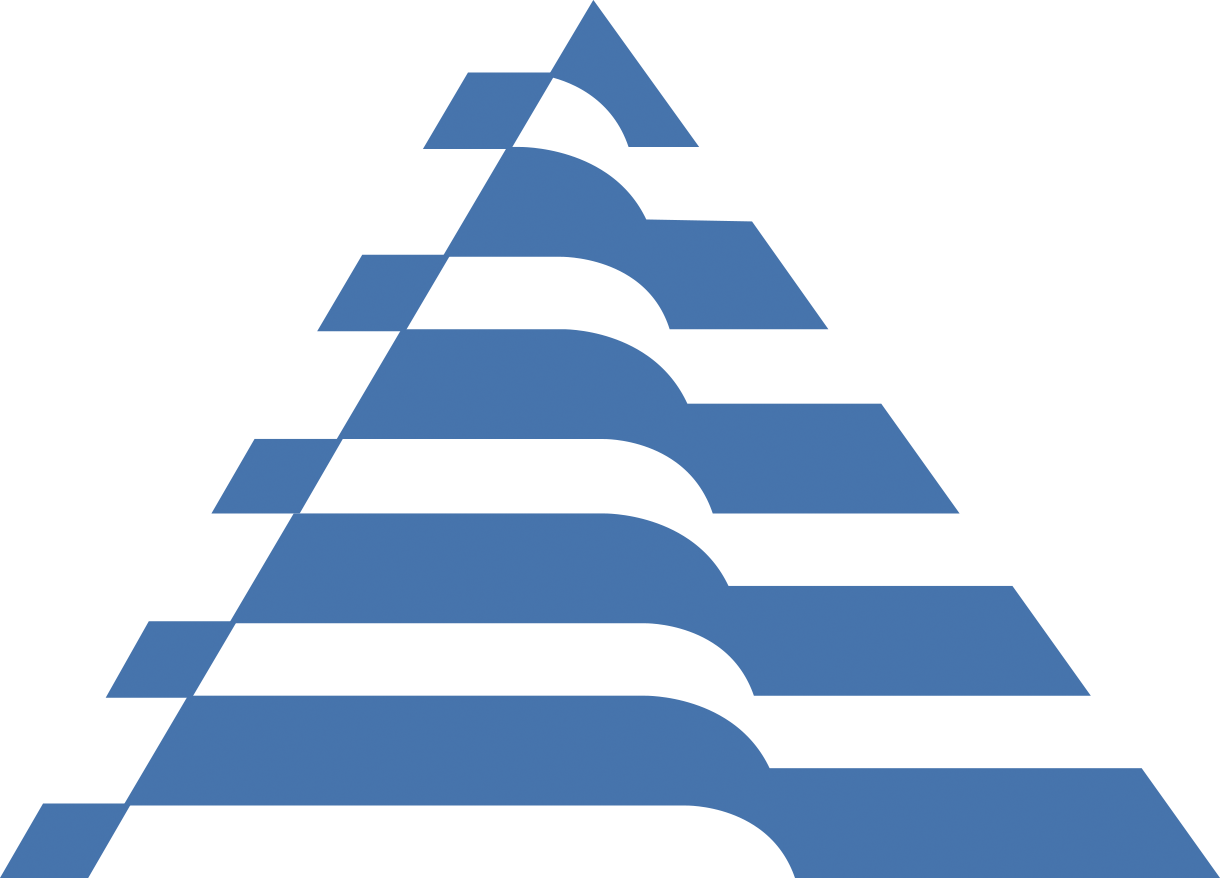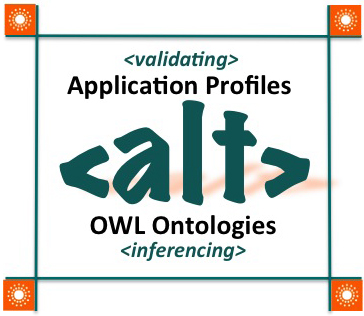Application Profiles as an alternative to OWL Ontologies
Conveners: Tom Baker & Karen Coyle
Day/Time: Wednesday, 14:30-18:00
Since 2000, much of the research and development in the Dublin Core community has focused on the concept of «Application Profile» [1]. The «Singapore Framework for Dublin Core Application Profiles» [2] and the related «Description Set Profile Constraint Language» [3], both based on the «DCMI Abstract Model» [4], describe a method for expressing metadata patterns in platform-independent templates. Application Profiles describe the structure and contents of data. By definition, Application Profiles use RDF vocabularies declared elsewhere and merely specify how the terms of those vocabularies are constrained and packaged in matching sets of instance data.
Ontologies expressed using the Web Ontology Language (OWL), in contrast, typically define an (inevitably reductionist) model of the world by declaring what classes of things are found in that world, their properties, and their relationships. These can be leveraged to infer additional information about things that are described using the ontology.
In Application Profiles, constraints are expressed as constraints on data, not as constraints on the underlying RDF vocabularies. Classes and properties can be reused in different application profiles without changing their underlying definition or affecting how they are used elsewhere. OWL Ontologies, in contrast, typically define constraints as an integral part of the vocabulary itself. To describe something using vocabulary from an OWL Ontology is to implicitly accept its underlying model of the universe.
This session examines how the dual requirements of (data-oriented) quality control and (Web-oriented) interoperability are addressed using these two approaches. This topic is particularly timely in light of interest in RDF validation in the W3C community and of the role of community profiles in the data model of the «Bibliographic Framework Transition Initiative». [5] Validation schemas can ensure the quality of data in ways not requiring inference schemas such as OWL Ontologies.
Whether patterns are expressed using constraints on data or as constraints on a model of reality can have unintended consequences when data is consumed in the Linked Data cloud. The choice between Application Profiles and OWL Ontologies depends on how particular data is intended to be used. The session will try to achieve a common view on the strengths and weaknesses of the two approaches and identify next steps in the development of simple and practical conventions for Application Profiles.
The Semantic Web's "open world assumption" applies to the use of data on the open web. However, the actual openness of that world is affected by ontological constraints that can be built into metadata terms at the point of definition. These constraints, which provide context and meaning, and also provide the rules for inferencing, are sometimes confused with the rules that metadata-producing communities commonly employ for quality control.
This session will discuss the use of Application Profiles (APs)—also known as Community Profiles—to manage the quality control functions both for data creation activities as well as data use. The question before us is how best to balance the need for quality control during the data creation process and the need for openness as the data is released into "the wild" on the web. Our proposal is to use minimal semantic constraints when defining metadata properties (e.g. using the OWL standard), and adopt application profiles for quality control.
–Karen Coyle & Tom Baker
Presentations:
- « Introduction »
- « Tom Baker »
- « Karen Coyle »
- « Gordon Dunsire »
- « Antoine Isaac »
This proposal "seeds" the session's conversation and is intended to stimulate discussion of possible alternative approaches given the dual objectives of constraining and inferencing. For additional context, please read « Discussion Paper for DC2013 Session »
This session advances the DCMI Work Theme: «Platform-independent Application Profiles».
[1] http://www.ariadne.ac.uk/issue25/app-profiles
[2] http://dublincore.org/documents/singapore-framework/
[3] http://dublincore.org/documents/dc-dsp/
[4] http://dublincore.org/documents/abstract-model/
[5] http://bibframe.org/
![]() DCMI's work is supported, promoted and improved by « Member organizations » around the world:
DCMI's work is supported, promoted and improved by « Member organizations » around the world:
 |  |  |
 |  |  |
 |  |  |
 |  |  |
 |
![]() DCMI's annual meeting and conference addresses models, technologies and applications of metadata
DCMI's annual meeting and conference addresses models, technologies and applications of metadata



